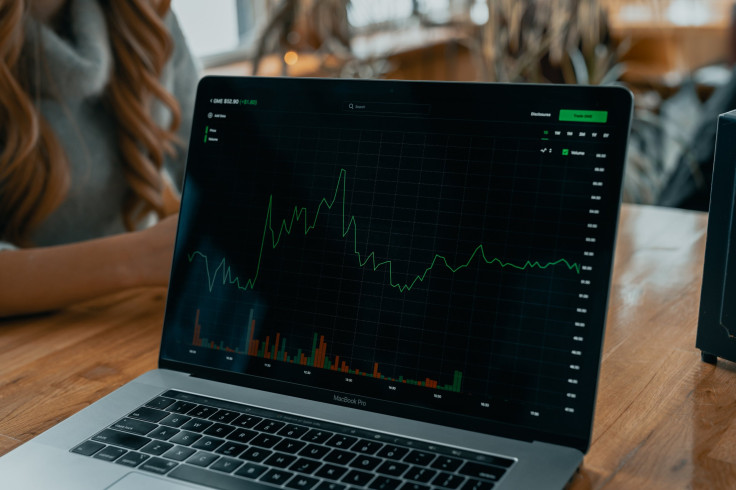Even as Brazil posts a record trade surplus for November largely due to increasing exports, a government report shows the country’s GDP growth has still slowed down significantly as high prices and interest rates continue to affect economies worldwide.
The GDP growth of Brazil for the last three months up to September that was released by the government statistics office IBGE has fallen short of estimates, growing only 0.4% in the time frame–way behind the 0.7% growth expected by economists for the country, according to Reuters.
The country has been battling an increasing, double-digit level of inflation, which Brazil’s Central Bank has attempted to fight through high interest rates. Unfortunately, this has meant that much of the consumer spending and industry growth has been depressed due to these efforts.
“The clear message from today's figures is that the economy is losing momentum,” economist William Jackson said. “We're sticking to our view that while the economy will grow by 3% this year, it will expand by little more than 1% in 2023.”
This news comes despite the fact that the Brazilian government also reported a $6.7 billion trade surplus in November, higher than the $5 billion expected by economists beforehand. This would be one of the strongest monthly showings of trade for the country since 1989, Channel News Asia reported.
A large amount of this trade surplus comes from a 35.6% increase in sales with China, which is currently Brazil’s main trading partner. The increase in sales allowed Brazil to post positive numbers on its year-to-date growth on exports after having had negative growth for the past eight months.
This increase has largely been attributed to the bilateral trade protocol that has allowed Brazil to export its corn to the country, leading to a 222.3% increase in corn exports this month. Oil sales also increased 124.9% during the same period.
Many economists have worried about President-elect Luiz Inácio Lula da Silva’s future plans for the economy, especially as it appears that he will be pushing for an increase in public spending to meet some of his campaign promises. This could increase public debt significantly at a time when the economy has slowed down, which may make it harder to pay in the future.
Lula has yet to release his administration’s plan to keep public debt in control.

© 2025 Latin Times. All rights reserved. Do not reproduce without permission.





